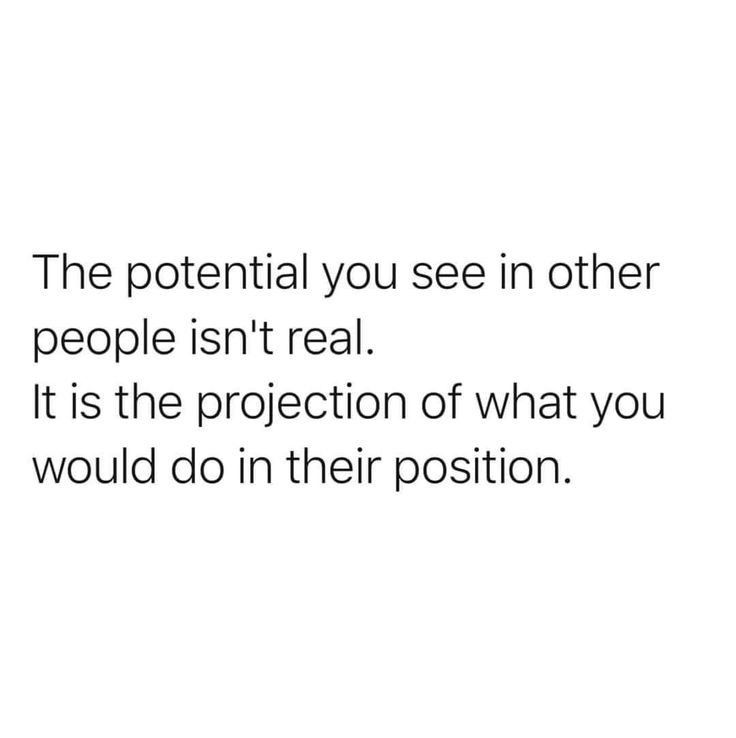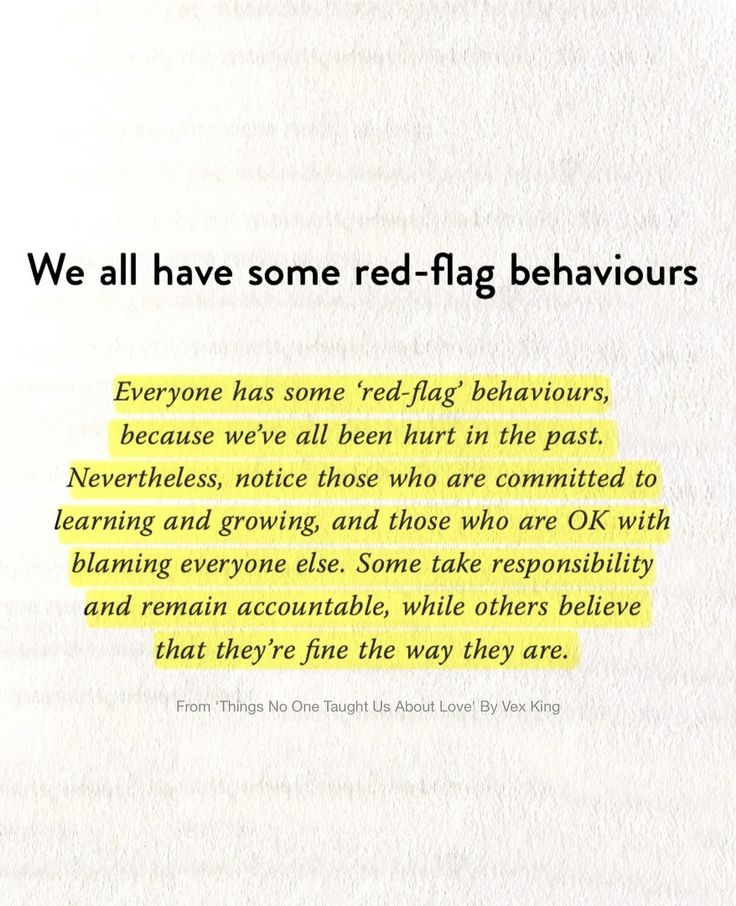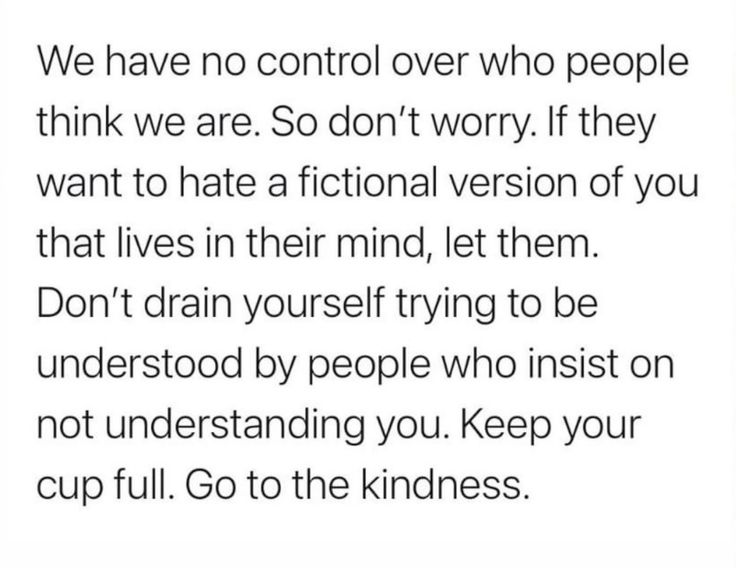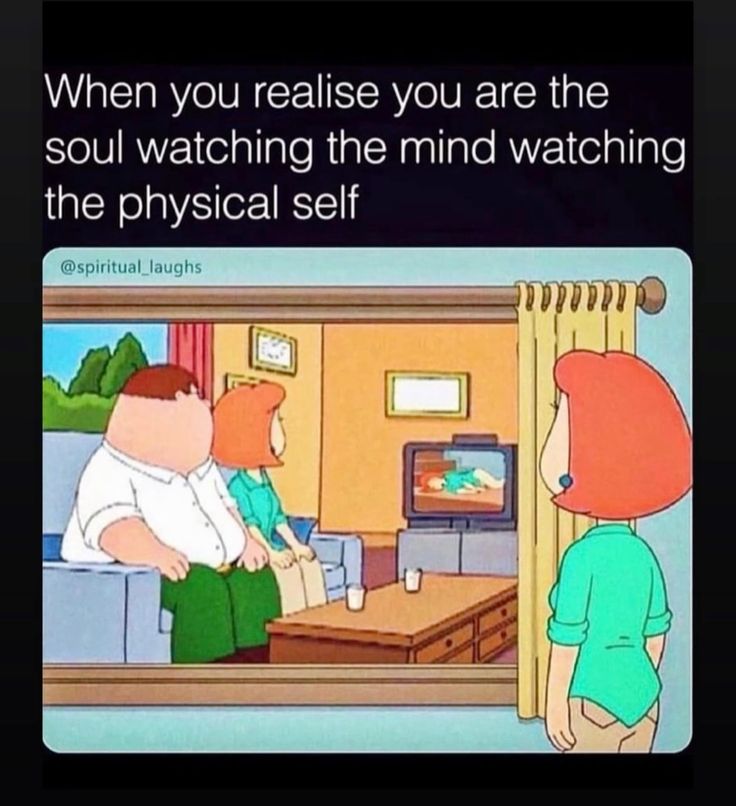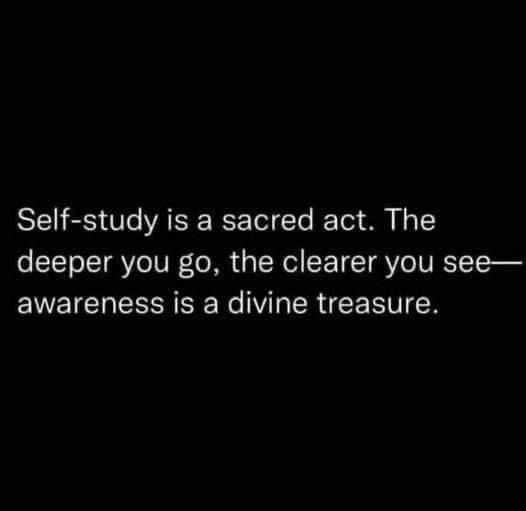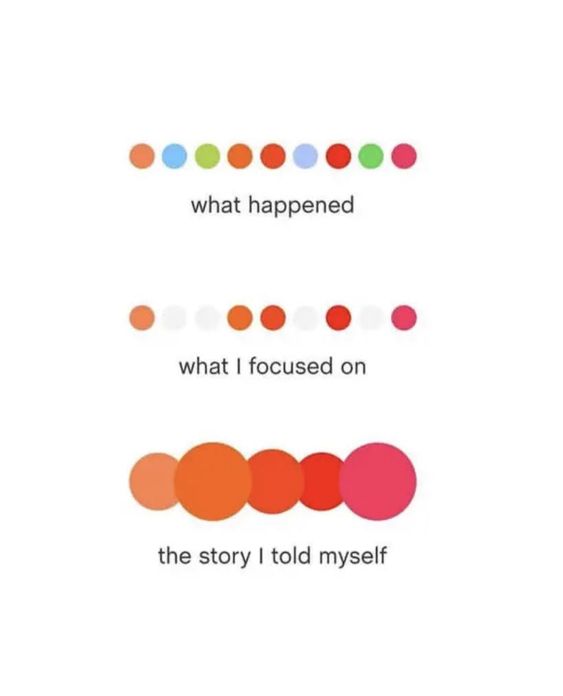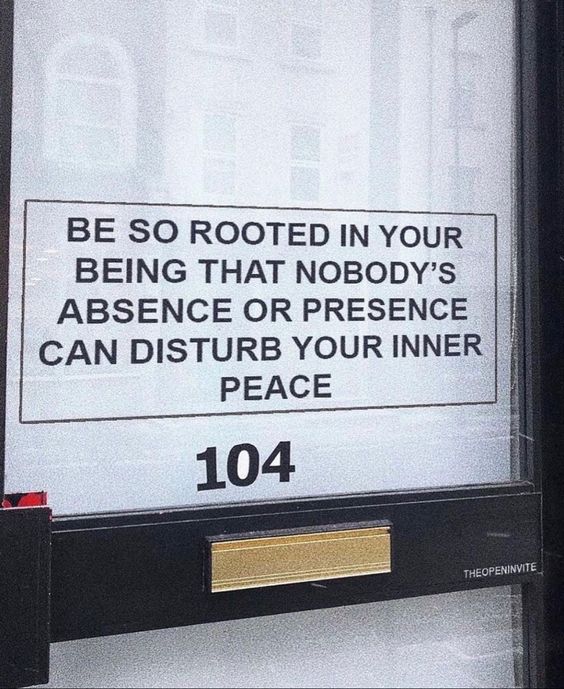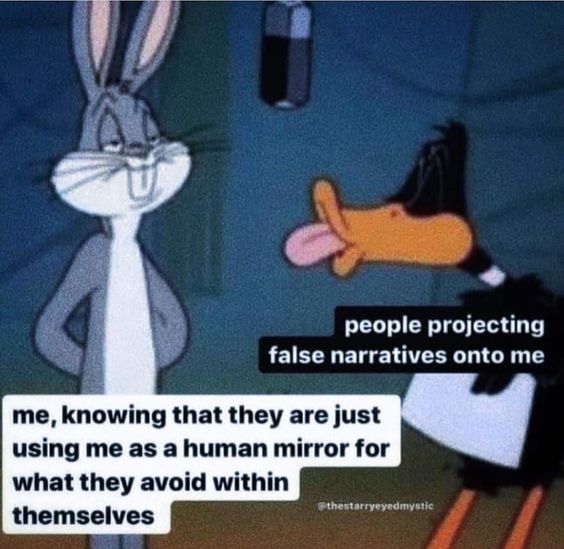“We are made to believe that sensitivity is a crutch, a weakness, a liability—but sensitivity is dangerous. It’s as dangerous as a knife in the dark. It’s as dangerous as a black widow nesting in the mouth of a recently remembered garden glove. It’s as dangerous as a leopard trailing the man with the gun set on killing her. If you are particularly sensitive, do not stifle it. Do not hide it. Do not abandon it. Hone it. Wield it. Learn to control it. Your capacity to feel deeper than those around you will make you a fearsome foe, a devoted friend, a courageous lover, a compassionate human and—if you are in the arts or some neighboring vocation—fantastically rich. If not monetarily, spiritually.”
Cole Schafer
“The opposite of self-awareness is unconscious reactions and impulsiveness, which leads to simply repeating the past endlessly. Self-awareness opens the door to new opportunities, where you can see more than just your impulsiveness. Being able to see yourself and the way you move through your emotional range helps you be mindful of what you are saying and why you are saying it. Through self-awareness comes better decisions because you know when your intentions are genuine, when you would benefit from pausing and slowing down, and when you need to take accountability.”
Yung Pueblo
“Stoicism is not just invulnerability…if such a thing even exists. Stoicism is also having the self-awareness to know when you are struggling. It’s having the courage to admit when you could use a hand. It’s having the wisdom not to pretend you know the answer (you can’t learn that which you think you already know, Epictetus says). It takes daring and toughness to go to therapy—perhaps more than just white knuckling it. It’s a brave thing to share your struggles with a friend or to hire a coach or expert to help you get better at something. It takes a confident person to ask a question or admit, ‘I don’t know.’ Don’t be like the cowards who are too fragile or fearful to do this. Be truly courageous.”
Ryan Holiday
“Where do we begin to understand ourselves? Here am I, and how am I to study myself, observe myself, see what is actually taking place inside myself? I can observe myself only in relationship because all life is relationship. It is no use sitting in a corner meditating about myself. I cannot exist by myself. I exist only in relationship to people, things and ideas, and in studying my relationship to outward things and people, as well as to inward things, I begin to understand myself.”
J. Krishnamurti, Freedom From The Known (Page 22)
“To understand ourselves needs no authority either of yesterday or of a thousand years because we are living things, always moving, flowing, never resting. When we look at ourselves with the dead authority of yesterday we will fail to understand the living movement and the beauty and quality of that movement.”
J. Krishnamurti, Freedom From The Known (Page 19)
“In trying to conform to [an] ideology, you suppress yourself—whereas what is actually true is not the ideology but what you are. If you try to study yourself according to another you will always remain a secondhand human being.”
J. Krishnamurti, Freedom From The Known (Page 17)
“The question of whether or not there is a God or truth or reality, or whatever you like to call it, can never be answered by books, by priests, philosophers or saviours. Nobody and nothing can answer the question but you yourself and that is why you must know yourself. Immaturity lies only in total ignorance of self. To understand yourself is the beginning of wisdom.”
J. Krishnamurti, Freedom From The Known (Page 12)
“All of the truly important battles are waged within the self. It is as if we are all tempted to view ourselves as men on horseback. The horse represents a lusty animal-way of living, untrammeled by reason, unguided by purpose. The rider represents independent, impartial thought, a sort of pure cold intelligence. too often the pilgrim lives as though his goal is to become the horseman who would break the horse’s spirit so that he can control him, so that he may ride safely and comfortably wherever he wishes to go. If he does not wish to struggle for discipline, it is because he believes that his only options will be either to live the lusty, undirected life of the riderless horse, or to tread the detached, unadventuresome way of the horseless rider. If neither of these, then he must be the rider struggling to gain control of his rebellious mount. He does not see that there will be no struggle, once he recognizes himself as a centaur.”
Sheldon B. Kopp, If You Meet Buddha On The Road, Kill Him! (Page 7)
“How well we get along with ourselves depends largely on our internal leadership skills—how well we listen to our different parts, make sure they feel taken care of, and keep them from sabotaging one another. Parts often come across as absolutes when in fact they represent only one element in a complex constellation of thoughts, emotions, and sensations.”
Bessel van der Kolk, The Body Keeps The Score (Page 282) | ★ Featured on this book list.
“If you are not aware of what your body needs, you can’t take care of it. If you don’t feel hunger, you can’t nourish yourself. If you mistake anxiety for hunger, you may eat too much. And if you can’t feel when you’re satiated, you’ll keep eating. This is why cultivating sensory awareness is such a critical aspect of trauma recovery. Most traditional therapies downplay or ignore the moment-to-moment shifts in our inner sensory world. But these shifts carry the essence of the organism’s responses: the emotional states that are imprinted in the body’s chemical profile, in the viscera, in the contraction of the striated muscles of the face, throat, trunk, and limbs. Traumatized people need to learn that they can tolerate their sensations, befriend their inner experiences, and cultivate new action patterns.”
Bessel van der Kolk, The Body Keeps The Score (Page 275) | ★ Featured on this book list.
“Learning to observe and tolerate your physical reactions is a prerequisite for safely revisiting the past. If you cannot tolerate what you are feeling right now, opening up the past will only compound the misery and retraumatize you further.”
Bessel van der Kolk, The Body Keeps The Score (Page 211)
